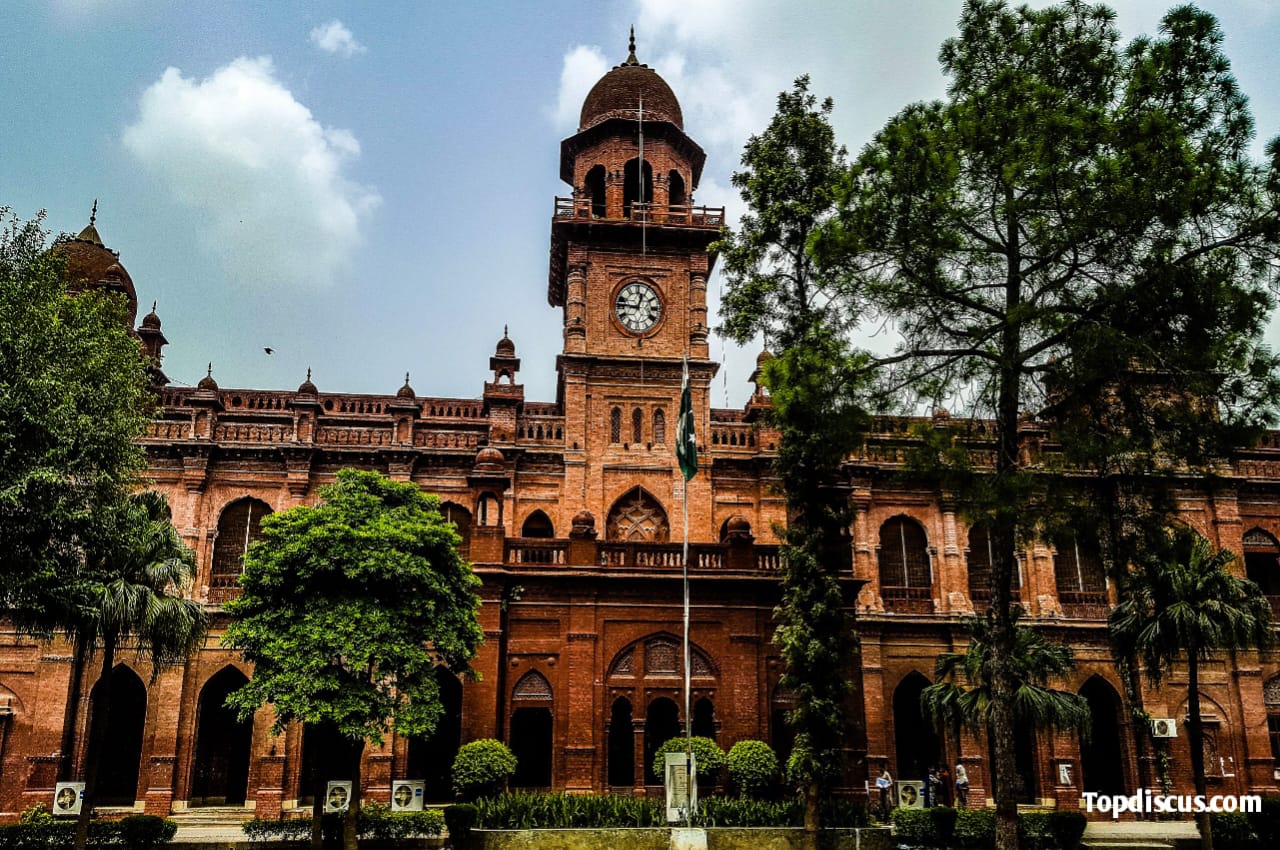Welcome to the fascinating world of Top Universities in Pakistan, where academic excellence meets cultural diversity! Are you considering pursuing your dreams at a prestigious university? Look no further as we dive into the realm of top universities in Pakistan. Whether you’re an ambitious student seeking quality education or a curious soul interested in exploring new horizons, this blog post will serve as your ultimate guide.
Pakistan is renowned for its rich history and vibrant culture, but did you know that it also boasts some exceptional institutions of higher learning? These universities are not only recognized nationally but have also gained international acclaim for their academic programs and research contributions. So, let’s embark on this informative journey together as we explore what makes these educational havens stand out from the rest! Click Here to Visit Our Home Page.
Top 5 Universities in Pakistan:
Pakistan is home to many prestigious universities that are recognized for their academic excellence and research contributions. In this blog section, we will explore the Top 5 universities in Pakistan.
-
Punjab University
-
Quaid-i-Azam University (QAU)
-
Lahore University of Management Sciences (LUMS)
-
National University of Sciences and Technology (NUST)
-
Aga Khan University
1. Punjab University:
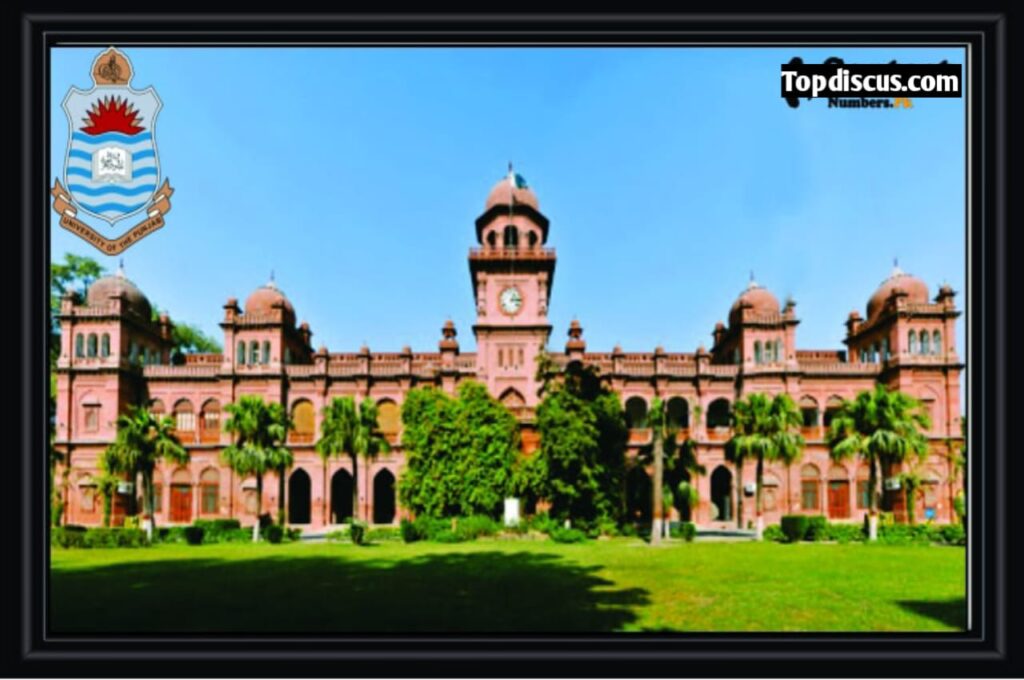 As one of the oldest universities in Pakistan, Punjab University has a rich history of providing quality education across multiple disciplines such as science, arts, law, social sciences, and more.
As one of the oldest universities in Pakistan, Punjab University has a rich history of providing quality education across multiple disciplines such as science, arts, law, social sciences, and more.
Moto: Faith, Unity, Discipline
Type: Public, Research, Coeducational, Higher Education Institution
Established: 14 October 1882; 141 years ago
Affiliations: Pakistan Engineering Council, Pharmacy Council of Pakistan, Pakistan Bar Council, Pakistan Council for Architects and Town Planners, Association of Commonwealth, Universities of the United Kingdom.
Chancellor: Baligh ur Rahman
Vice Chancellor: Khalid Mehmood
Academic Staff: 1006 full-time time 300 part-time faculty members
Students: 45,678
Location: Canal Rd Quaid-i-Azam Campus, Lahore, Punjab, Pakistan
Nick Name: Pioneers
“Official Website”
2. Quaid-i-Azam University (QAU):
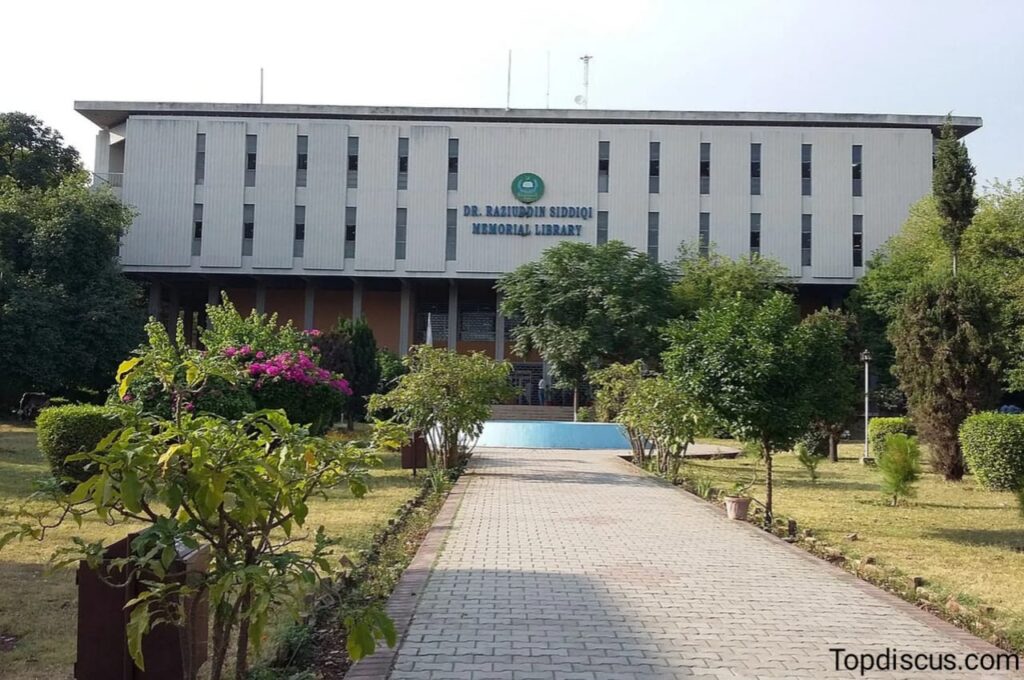 Located in Islamabad, QAU consistently ranks as the top university in Pakistan. Known for its strong emphasis on research, QAU offers a wide range of undergraduate and postgraduate programs across various disciplines. Quaid-i-Azam University Islamabad, founded as the University of Islamabad, is a public research university in Islamabad, Pakistan.
Located in Islamabad, QAU consistently ranks as the top university in Pakistan. Known for its strong emphasis on research, QAU offers a wide range of undergraduate and postgraduate programs across various disciplines. Quaid-i-Azam University Islamabad, founded as the University of Islamabad, is a public research university in Islamabad, Pakistan.
Description:
Hours: Open ⋅ Closes 3 pm
“Official Website”
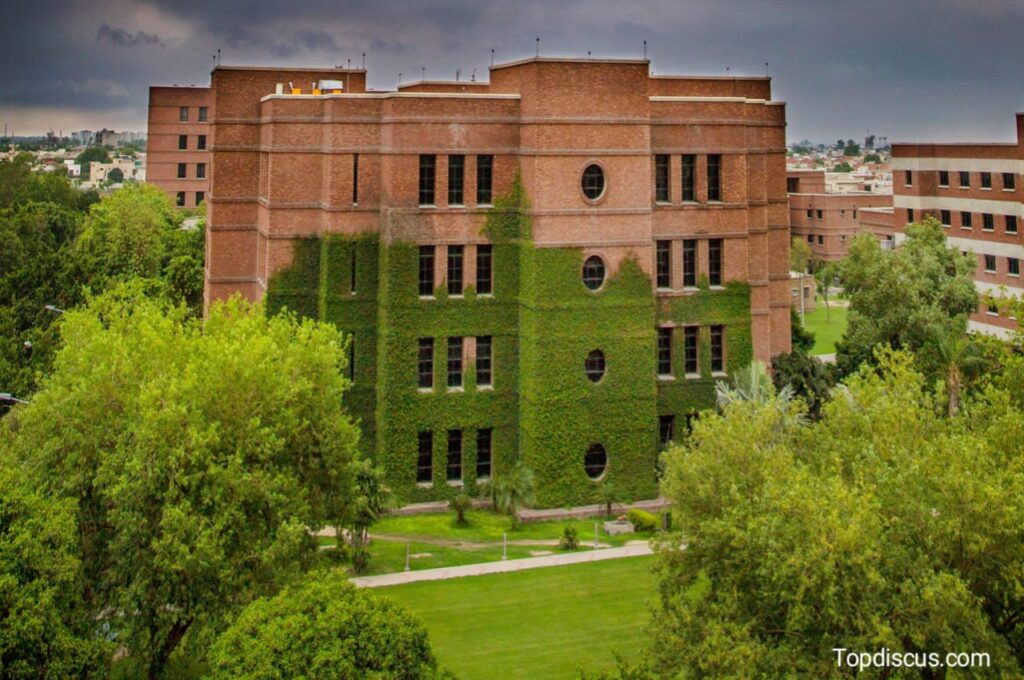
LUMS is renowned for its business and management programs. With state-of-the-art facilities and experienced faculty members, LUMS prepares students to excel in their chosen fields. Lahore University of Management Sciences is a private research university, located in Lahore, Punjab, Pakistan. In 1984, Syed Babar Ali, a renowned businessman in Pakistan, recognized the shortage of qualified managers in the country.
Description:
Phone: (042) 35608000
Hours: Open ⋅ Closes 5 pm
Rector: Shahid Hussain
“Official Website”
4. National University of Sciences and Technology (NUST):
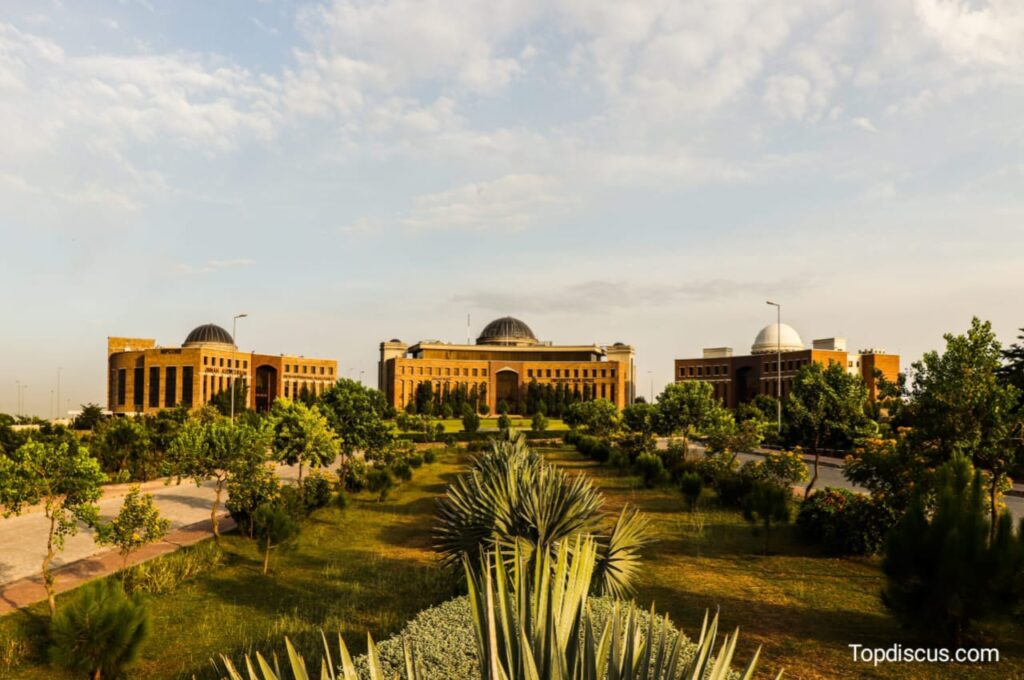 NUST is acclaimed for its engineering, medical, and social sciences programs. The university boasts modern labs, well-equipped libraries, and collaborations with leading international institutions. The National University of Sciences & Technology is a multi-campus public research university with its main campus in Islamabad, Pakistan. The university offers undergraduate and graduate degrees, including doctoral and professional degrees.
NUST is acclaimed for its engineering, medical, and social sciences programs. The university boasts modern labs, well-equipped libraries, and collaborations with leading international institutions. The National University of Sciences & Technology is a multi-campus public research university with its main campus in Islamabad, Pakistan. The university offers undergraduate and graduate degrees, including doctoral and professional degrees.
Descriptions:
Address: Scholars Ave, H-12, Islamabad, Islamabad Capital Territory
Phone: (051) 111 116 878
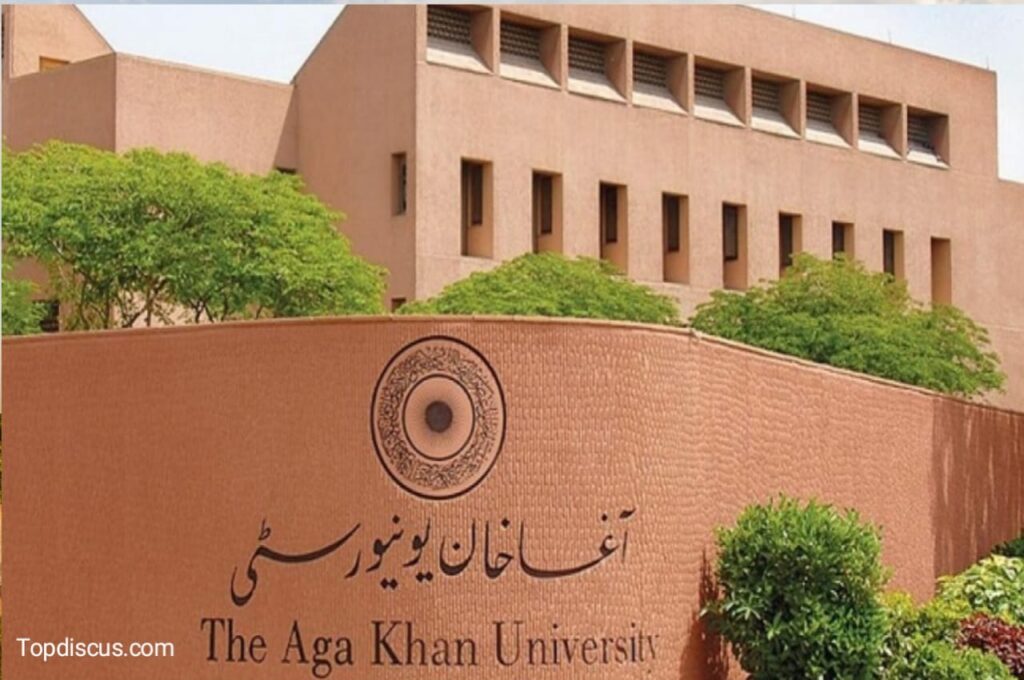
Aga Khan University is a non-profit institution. It was founded in 1983 as Pakistan’s first private university. Since 2000, the university has expanded to Kenya, Tanzania, Uganda, the United Kingdom, and Afghanistan. AKU started as a health-sciences university and has now become one of the largest private healthcare providers in Pakistan and East Africa. The AKU hospitals were the first in these regions to be accredited by the U.S.-based Joint Commission International. Established by the Aga Khan Development Network, AKU stands out for its medical education and healthcare initiatives. It offers rigorous training to produce highly skilled doctors who contribute significantly to improving healthcare outcomes.
Type: Private Research University.
Established: 1983; 41 Years ago
President: Sulaiman Shahabuddin
Provost: Carl Amrhein
Campus: Karachi, Pakistan, Nairobi, Kenya, Dar es Salaam, Tanzania, Kampala, Uganda, London, United Kingdom.
Language: Mostly English
Affiliations: HEC, PMC, CAP, JCI
“Official Website”
These universities have earned their positions through continuous dedication to providing quality education and innovative teaching methods.
Advantages of Attending a Top University:
Attending a top university in Pakistan comes with numerous advantages that can greatly impact your academic and professional journey. These institutions attract highly qualified faculty members who are experts in their respective fields. Their knowledge and guidance can provide you with a solid foundation of education, pushing you to achieve excellence.
Moreover, top universities often offer state-of-the-art facilities and resources that enhance the learning experience. From well-equipped libraries to advanced laboratories and research centers, these institutions create an environment conducive to growth and innovation.
Another advantage is the exposure to a diverse student body. Interacting with peers from various backgrounds fosters cultural understanding broadens perspectives, and prepares students for a globalized world. Additionally, many top universities have strong networks with industry leaders and alumni who can provide valuable connections and opportunities for internships or job placements.
Furthermore, attending a reputable university increases your chances of securing scholarships or funding for further studies abroad or pursuing research projects. This financial support not only eases the burden on students but also enables them to explore new avenues of knowledge without limitations.
Graduating from a prestigious institution carries weight in both local and international job markets. Employers recognize the quality education provided by these universities which can significantly boost your career prospects after graduation.
Attending a top university provides access to exceptional faculty members, cutting-edge resources,
diverse peer groups, and promising future opportunities – all contributing towards personal growth
and success in the long run. Top Universities in Pakistan.
Challenges Faced by Universities in Pakistan:
Pakistani universities, like their counterparts around the world, face a variety of challenges in providing quality higher education to their students. One of the major challenges is limited funding and resources. Many universities struggle to attract sufficient financial support from both the public and private sectors, resulting in inadequate infrastructure, outdated technologies, and insufficient faculty.
Another challenge is the lack of academic freedom. While universities should be spaces for intellectual exploration and free thought, there are often restrictions imposed by external forces that hinder this ideal. This can limit critical thinking and innovation among students and faculty.
Additionally, the issue of brain drain poses a significant challenge for Pakistani universities. Talented individuals often choose to pursue higher education abroad or seek employment opportunities outside Pakistan due to better prospects or lack of opportunities at home. This results in a loss of skilled professionals who could contribute significantly to the development of academia within the country.
Moreover, political interference in university affairs is another obstacle faced by Pakistani institutions. The appointment process for key administrative positions sometimes becomes politicized instead of being based on meritocracy. This can lead to conflicts within universities and negatively impact decision-making processes.
Furthermore, inadequate research culture hampers progress in Pakistani universities. Limited emphasis on research activities means that many institutions lag when it comes to producing cutting-edge knowledge and contributing meaningfully to various fields. Top Universities in Pakistan
Steps Towards Improving the Higher Education System in Pakistan:
1. Increased Funding: One of the key steps towards improving the higher education system in Pakistan is to increase funding for universities. Adequate financial resources are essential for upgrading infrastructure, hiring qualified faculty, and providing modern facilities to students.
2. Quality Assurance Mechanisms: Implementing robust quality assurance mechanisms is crucial to ensure that universities in Pakistan maintain high standards of education. This can involve accreditation processes, regular evaluations, and monitoring systems to identify areas of improvement.
3. Faculty Development Programs: Investing in faculty development programs can greatly enhance the quality of education offered by Pakistani universities. Providing opportunities for professors to attend conferences, workshops, and training sessions will help them stay updated with the latest research and teaching methodologies.
4. Collaboration with Industry: Establishing strong ties between academia and industry is vital for producing graduates who are well-prepared for the job market. Encouraging partnerships between universities and companies can lead to internships, research collaborations, and curriculum development based on industry needs.
5. Emphasis on Research Culture: Promoting a culture of research within universities can significantly contribute to their overall growth and reputation. Encouraging faculty members and students alike to engage in innovative research projects fosters intellectual curiosity while contributing valuable knowledge to society.
6. Encouragement of Critical Thinking Skills: Incorporating critical thinking skills into curricula helps develop analytical minds capable of solving complex problems effectively.
7. Infrastructure Development: Upgrading existing infrastructure as well as constructing state-of-the-art facilities will create an optimal learning environment conducive to academic excellence.
8. Technology Integration: Harnessing technology such as online learning platforms expands accessibility and allows more interaction among students, faculty which promotes collaborative learning
By implementing these strategic steps towards improving higher education in Pakistan, we can work towards creating a highly competitive educational system that nurtures talented individuals ready not only to meet global challenges but also to drive innovation within our own country.
